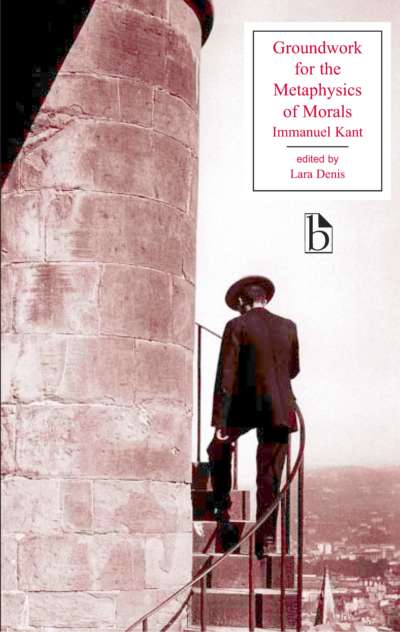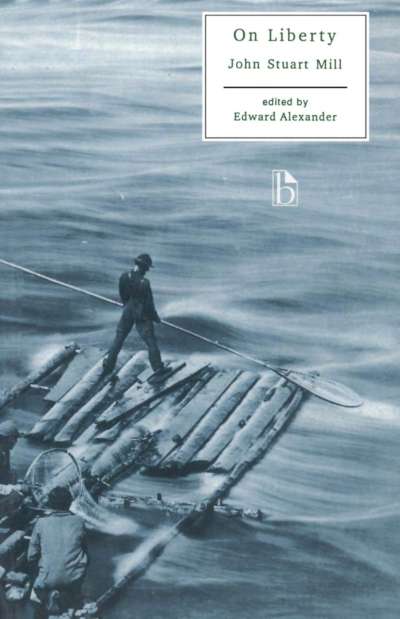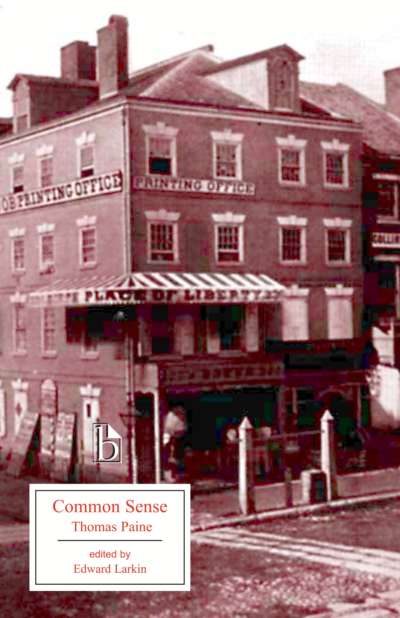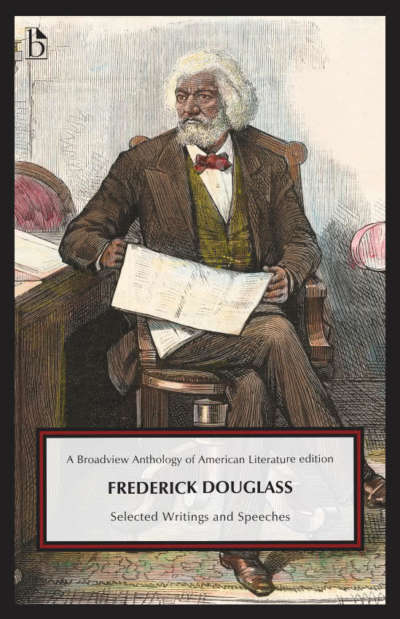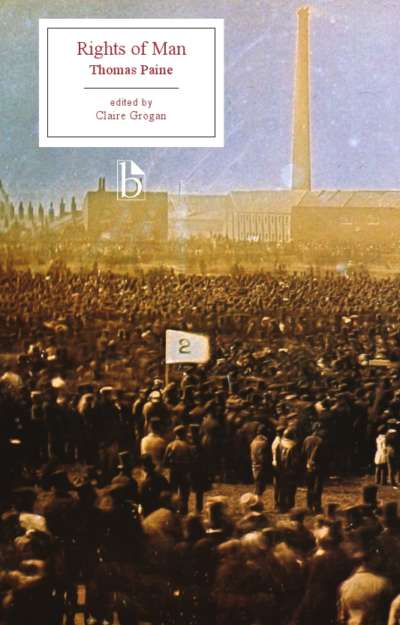
In 1848, Henry David Thoreau twice delivered lectures in Concord, Massachusetts, on “the relationship of the individual to the state.” The essay now known as Civil Disobedience is a significant and widely admired contribution to abolitionist literature, as well as an anti-war tract, but Thoreau’s focus is less on political organization and solidarity than it is on personal choice and individual responsibility. Cultivating personal integrity in the face of political injustice is the project Thoreau defends in Civil Disobedience; this focus has made the work highly influential for twentieth- and twenty-first-century political movements.
Bob Pepperman Taylor’s new Introduction explains the work’s specific political context, helping readers to understand the text as Thoreau wrote it. The edition also offers a number of historical documents on Thoreau’s abolitionism; the war with Mexico; and Thoreau’s philosophical development in relation to other thinkers.
Comments
“In this season of political unrest, the arrival of Bob Pepperman Taylor’s teaching edition of Henry David Thoreau’s ‘Civil Disobedience’ couldn’t be better timed … it should be required reading for every person who opines on Thoreau’s essay, whether student, scholar or activist” — Laura Dassow Walls, Early American Literature
“This volume greatly contributes to our ability to understand Thoreau’s essay on civil disobedience as a product of a specific historical context. It is a valuable piece of scholarship on the history of political thought regarding Thoreau’s essay. The introduction is pitched at a level that is appropriate to undergraduates and is written in a very interesting, engaging, and readable style. But given the historically situated analysis of Thoreau’s writing of Civil Disobedience, this volume will also be a valuable resource for established scholars as well. The additional primary texts are thoughtfully selected and relevant, and they help give us a more complete portrait of Thoreau in his time: with these additional readings, we can better grasp the historical context of many of the enigmatic references Thoreau makes in Civil Disobedience.” — Shannon Mariotti, Southwestern University
“A masterful historical contextualization. Bob Pepperman Taylor’s introduction is a model of scholarship and his annotations are consistently illuminating. The supplementary voices, ranging from William Paley to Henry Highland Garnet to Daniel Webster to Ralph Waldo Emerson to Abraham Lincoln, help bring Thoreau to life by setting him in his place and time.” — Jack Turner, University of Washington, editor of A Political Companion to Henry David Thoreau




